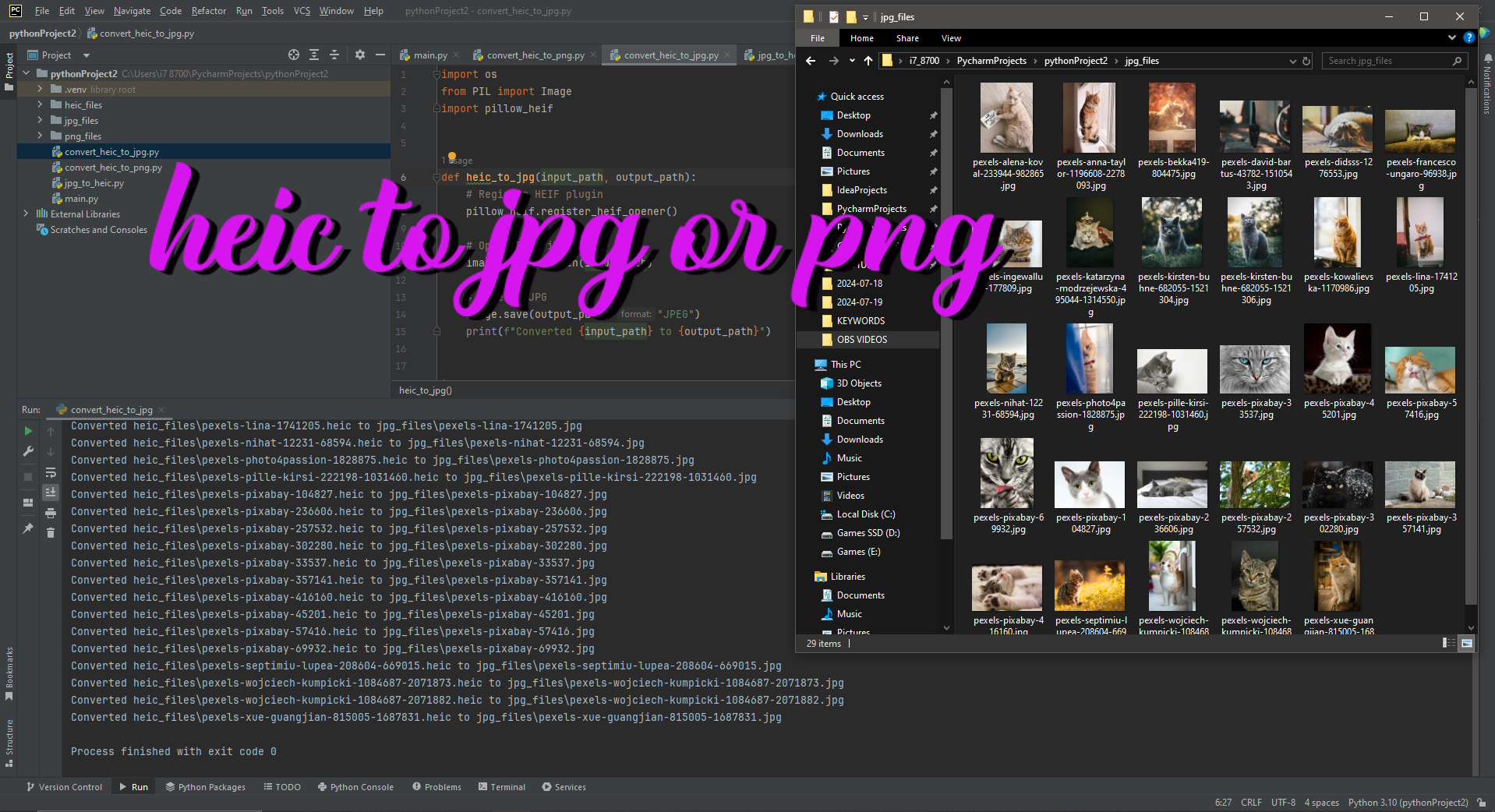The cv2.imshow function in OpenCV is a key tool for displaying images in a window, enabling users to visualize image data during various stages of processing or analysis. Understanding how cv2.imshow functions is crucial for real-time image visualization and debugging in OpenCV applications.
To begin using cv2.imshow, developers need to have an image loaded into their Python environment using OpenCV’s imread or obtained through some other means. Need more info on opencv imread? read Mastering Image Loading with Opencv imread Function: A Comprehensive Guide
Here’s a breakdown of how cv2.imshow functions and its common usage patterns:
Syntax and Usage:
import cv2
# Read an image using imread or obtain it by other means
image = cv2.imread('path/to/image.jpg')
# Display the image in a window
cv2.imshow('Window Title', image)Parameters:
'Window Title': This parameter sets the title of the window where the image will be displayed.image: The image data loaded usingimreador obtained from other sources.
Displaying Multiple Images:
Developers can showcase multiple images simultaneously by creating multiple windows using cv2.imshow. Each window can display different stages of image processing or multiple images for comparison purposes.
# Displaying multiple images in different windows
cv2.imshow('First Image', image1)
cv2.imshow('Second Image', image2)Key Functions:
cv2.waitKey: After displaying an image usingcv2.imshow, this function is used to pause the execution of the code and wait for a key press. It takes an optional delay in milliseconds as an argument.
# Wait for a key press for 5 seconds (5000 milliseconds)
cv2.waitKey(5000)cv2.destroyAllWindows: This function closes all the OpenCV windows created bycv2.imshow.
# Close all OpenCV windows
cv2.destroyAllWindows()Displaying Videos or Real-Time Feeds:
Besides images, cv2.imshow is also used for displaying videos or real-time feeds from cameras by reading frames in a loop and displaying them sequentially.
Considerations and Limitations:
- Thread Blocking: Keep in mind that
cv2.imshowcan block the execution of code until the window is closed or a key is pressed, which might affect real-time processing. - Window Closing: Ensure to close the OpenCV windows properly using
cv2.destroyAllWindowsafter usage to prevent any issues or memory leaks. - Cross-Platform Compatibility: The behavior of
cv2.imshowmight vary across different operating systems, especially concerning window management.
In essence, cv2.imshow is a fundamental function in OpenCV, allowing for the visual inspection of images and videos at various stages of image processing or computer vision algorithms. Its versatility in displaying images and videos makes it an indispensable tool for debugging and understanding the workflow of OpenCV-based applications.















Thanks again for the blog article.Thanks Again. Much obliged.
I really like and appreciate your article. Want more.
Awesome blog article. Really Great.
Hey, thanks for the blog article.Much thanks again. Great.
I think this is a real great blog.Really thank you! Really Great.
Cofoll – writing personal essays sheila bender Lqwhhr jpjwsg
I do agree with all the ideas you’ve presented in your post. They are really convincing and will definitely work. Still, the posts are too short for newbies. Could you please extend them a bit from next time? Thanks for the post.
how to make hydroxychloroquine at home plaquenil dosage
I think this is a real great blog.Thanks Again. Cool.
Im thankful for the blog.Really thank you! Really Great.
Thanks again for the blog post.Really looking forward to read more. Great.
I really like and appreciate your post.Thanks Again. Much obliged.
Thanks for sharing, this is a fantastic blog article. Awesome.
I really like and appreciate your blog.Much thanks again. Awesome.
ivermectin oral for dogs ivermectin indications
Very great post. I just stumbled upon your blog and wished to mention that I’ve truly lovedsurfing around your blog posts. In any case I will be subscribing for your feed and I’m hoping you write once more soon!
I must thank you for the efforts you have put in penning this blog. I’m hoping to check out the same high-grade blog posts by you later on as well. In truth, your creative writing abilities has inspired me to get my own blog now
It’s actually a nice and helpful piece of info. I’m glad that you shared this useful information with us. Please keep us informed like this. Thanks for sharing.
Xoilac Tv Trực Tiếp Soccerbd24hNếu cứ đùa như cách vừa tiêu diệt Everton cho tới 3-1 bên trên Sảnh khách
I’m extremely impressed with your writing skills as well as with the layout on your blog. Is this a paid theme or did you customize it yourself? Anyway keep up the nice quality writing, it is rare to see a great blog like this one nowadays..
I was recommended this blog via my cousin. I am no longer positive whether or not this submit iswritten by way of him as nobody else recognise such specific approximately my trouble.You are amazing! Thanks!
PCs with consoles. More for the main reason why
That is a good tip especially to those new to the blogosphere. Brief but very precise info… Appreciate your sharing this one. A must read post.
clomid canada clomid for sale – clomid canada
with hackers and I am looking at alternatives for another platform. I would be great if you could point me in the direction of a good platform.
ed men errectile dysfunction – erection problems
Appreciate you sharing, great blog post.Thanks Again. Really Great.
Excellent article. I will be facing a few of these issues as well..Loading…
Great, thanks for sharing this blog.Really thank you! Really Great.
Heya i’m for the primary time here. I came across this board andI find It really useful & it helped me out much. I hope to give something again and help otherslike you aided me.
When someone writes an post he/she maintains the thought of a userin his/her brain that how a user can understand it. So that’s why this piece ofwriting is outstdanding. Thanks!
Your style is so unique in comparison to other people I’ve read stuff from. Thanks for posting when you’ve got the opportunity, Guess I will just book mark this blog.
A 13-point betting line may perhaps not be anyplace close to major enough if Mahomes and the offense get rolling.
When I initially commented I clicked the «Notify me when new comments are added» checkbox and now each time a comment is added I get several e-mails with thesame comment. Is there any way you can remove me from that service?Many thanks!
Great post. I was checking continuously this blog and I’m impressed!Extremely useful information particularly the last part 🙂 I care for such info a lot.I was seeking this particular info for a very long time.Thank you and good luck.
order erythromycin: noroxin capsuleschloramphenicol generic
Sios vacation.This means that all changes are very good.
Im grateful for the blog.Really looking forward to read more. Want more.
Very informative blog.Thanks Again. Keep writing.
Awesome things here. I am very satisfied to look yourpost. Thanks so much and I am having a look forward to contact you.Will you please drop me a e-mail?
Thank you for your blog post.Really looking forward to read more. Much obliged.
always a massive fan of linking to bloggers that I really like but really don’t get a good deal of link enjoy from
Really appreciate you sharing this article.Really thank you!
Nona Hanke says:It seems you are getting quite a lof of unwanted comments. Maybe you should look into a solution for that. ..Reply 02/09/2020 at 11:09 pm
ivermectin where to find ivermectin at tractor supply
Really informative article post.Thanks Again. Cool.
I am so grateful for your blog post.Really looking forward to read more. Will read on…
I appreciate you sharing this blog post. Will read on…
Im obliged for the blog.Really thank you! Cool.
Hi there, just wanted to mention, I loved this article.It was funny. Keep on posting!
terramycin antibiotic ophthalmic ointment for cats
I enjoyed reading what you had to say. It’s like you read my thoughts! This information is magnificent. You appear to know a lot about this.
each time i used to read smaller articles which also clear their motive, and that is also happening with this paragraph which I am reading here.
These are truly impressive ideas in regarding blogging.You have touched some pleasant points here. Any way keep up wrinting.
Good blog you’ve got here.. Itís difficult to find quality writing like yours nowadays. I really appreciate individuals like you! Take care!!
I cannot thank you enough for the article. Great.
Hi there, its fastidious paragraph concerning media print,we all be aware of media is a impressive sourceof data.